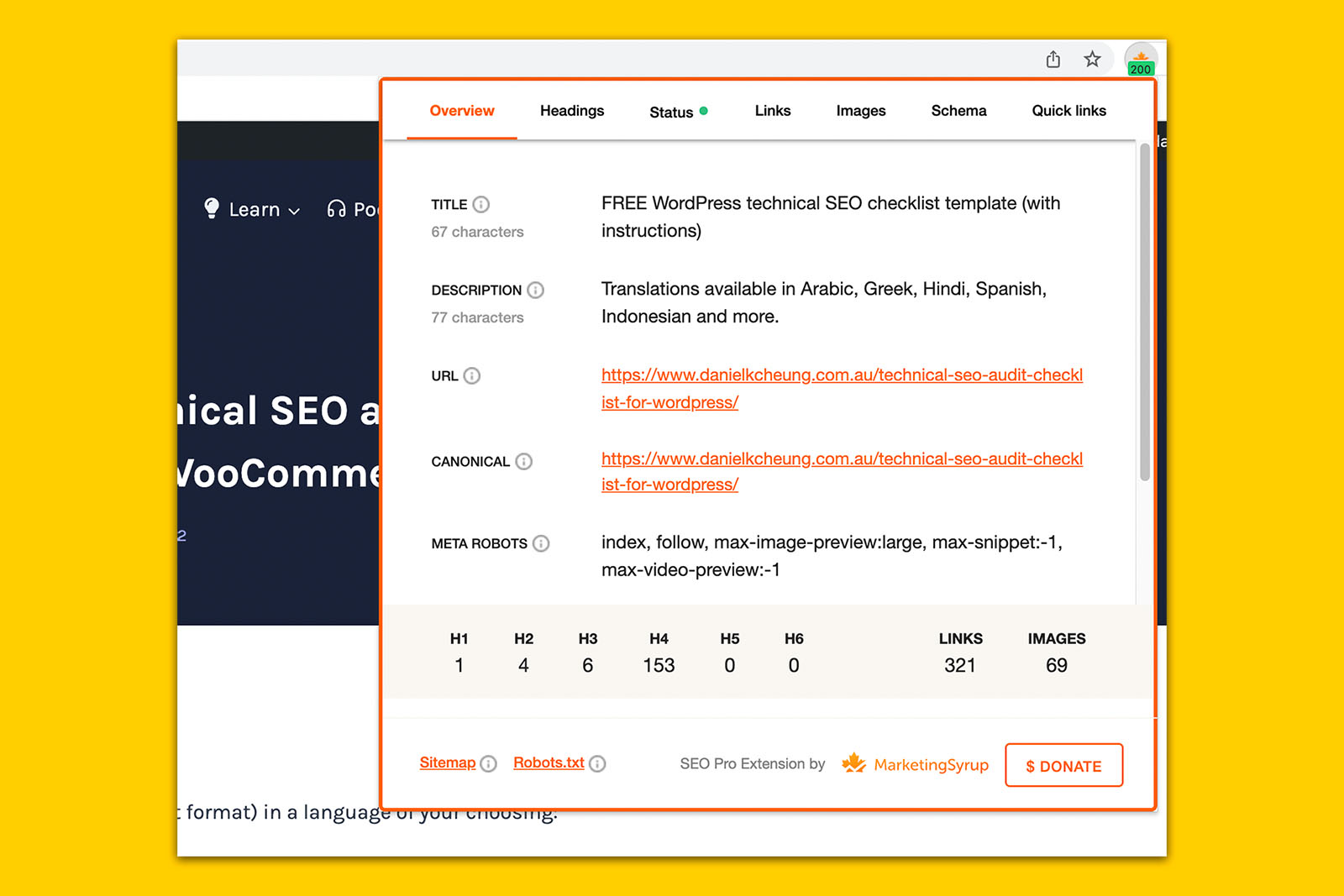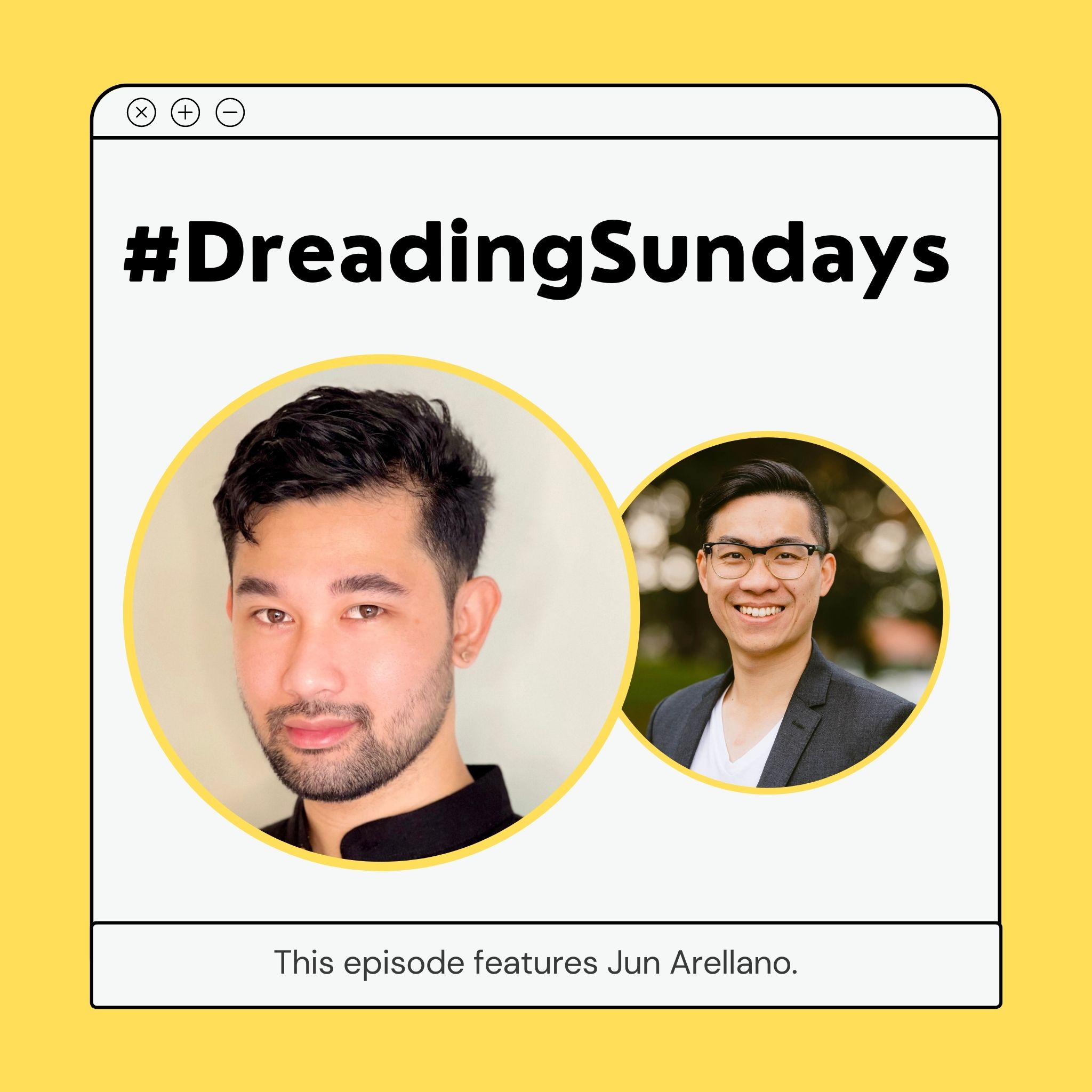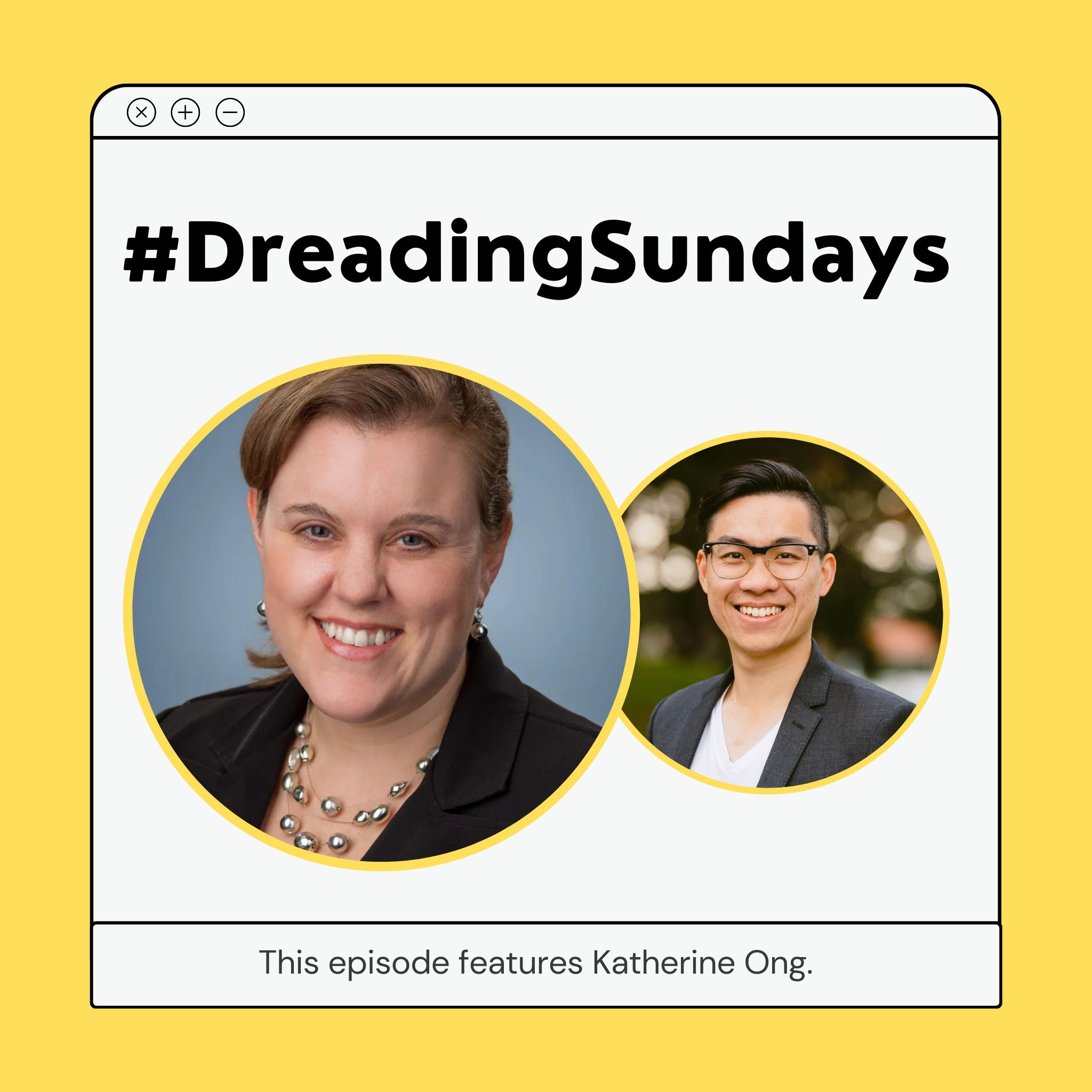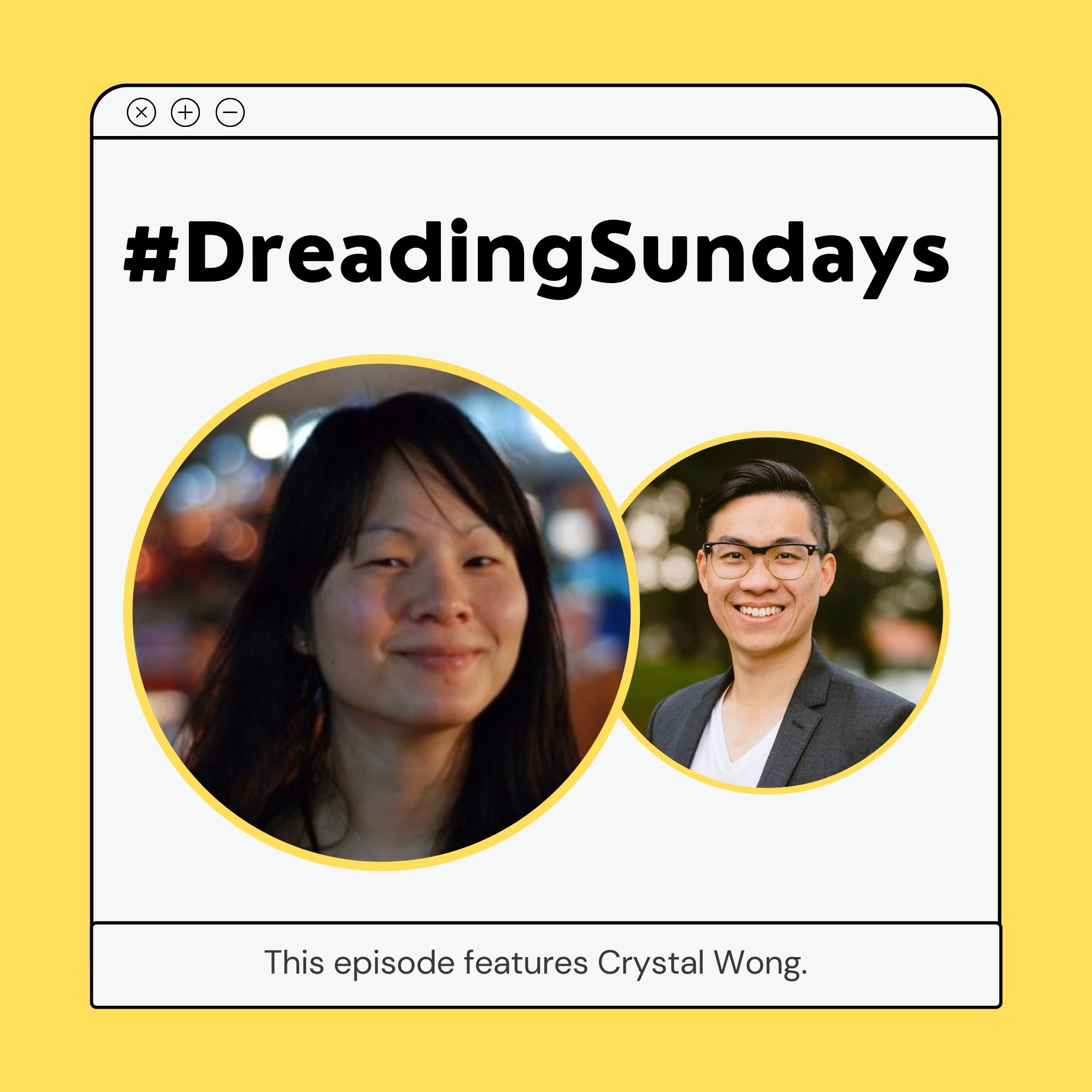I first came across Kristina Azarenko via LinkedIn through her free Chrome extension called SEO PRO Extension. It has literally saved me from crawling individual pages and websites because it shows an array of meta data that I need (eg., title tag, canonical tag, http status, headings, schema, Core Web Vitals).
Here’s a screenshot of the extension in real life.

As you can tell, Kristina is proficient in technical SEO. And as a recent-ish immigrant to Canada, I ask Kristina what it was like moving countries as a person with an accent.
Interesting things about Kristina.
- she has been doing SEO for over a decade and has graduated from being a technical SEO consultant to now her content creation role as ‘SEO hero’
- SEO was an avenue that allowed her to move countries and earn a living without requiring certification
- Kristina produces courses with the goal of improving the quality of SEO professionals
- and she has been contributing to the community as she used to be a teacher.
The difference between a SEO freelancer and a SEO consultant according to Kristina.
This is a question I pose quite often on Dreading Sundays because there is a difference in earning potential and responsibilities between a freelancer and a consultant.
“When you’re a freelancer you need to be good at your job. When you’re a SEO consultant you have to be great at your job.” – Kristina says.
She makes it clear that it is perfectly fine to be a freelancer because everyone has their own personal circumstances. However, based on her own experience, increasing pricing as a freelancer is a lot more difficult than as a consultant.
This reflects my own experience because as a SEO freelancer, you are a commodity. There are thousands of people like you who can do the work (content, off-page SEO, technical SEO) and clients like to compare like-to-like things.
When you’re a SEO freelancer, you carry out tasks and people and businesses do not hire you for your specialism. Even if you are really good at one particular area of SEO, being a freelancer can hold you back in terms of earning potential.
What this means for you as a freelancer is that you will get a lot of push back when justifying rates that are substantially higher than your freelancing cohorts.
“What I found was when I positioned myself as someone who doesn’t implement – not because I cannot – I found I can serve clients much better doing strategy work and making sure I give recommendations that are properly formed and properly prioritised.”
This is why Kristina Azarenko, Tom Critchlow and Amanda King recommend SEO freelancers to find their area of expertise, excel in it, and better position yourself in the market so that you can ask what you’re worth.
For example, I reveal in this episode that I have a consulting gig where I bill a day rate of AUD2,500 where I scoped out a total of 5 days for the project. I don’t even execute the strategy let alone the tactics. This example demonstrates how positioning yourself as an expert helps you demand higher earning potential.
Why charging by hour is not a sustainable long-term business decision.
Most freelancers start out billing and providing estimates based on hourly billing. This makes sense in the early days because you’re still experimenting and learning how to run your own business.
But at a certain stage of your career, this is not sustainable or profitable for you.
“You need to get out of hourly billing as soon as you can if you are an expert.” – Kristina says passionately.
When you base your work on an hourly rate, clients tend to micromanage because all they see are time allocations, not the value or results you have delivered.
And on the topic of hourly billing, why should you be penalised for being efficient?
Why should you earn less because you know what to do, how to do it, and get it done faster than someone else?
When you do hourly billing, you’re leaving a lot of money on the table because you’re not getting paid for your experience, your processes, your critical thinking, and expertise.
So while hourly billing may seem an easy way to get paid and may appear to be transparent, it is a very frustrating and inefficient way to maximise your earning potential. And at the end of the day, I produce this podcast for you, not for businesses to save money.
Red flags to look out for.
In any industry, there are good customers, bad customers and nightmare customers. When you’re a freelancer or consultant, you will come across your fair share of good, bad and ugly.
Kristina has a few tips for you to spot terrible clients:
- if they don’t value your time 🚩
- if they ask you to work for free or at a discount and promise you lots of referrals 🚩🚩
- if they want to engage you to save their business 🚩🚩
- if they are abusive 🚩🚩🚩
But in all honesty, if freelancing is your thing, invest in Kristina’s ‘Freelancing Freedom’ course available to purchase on Gum Road (linked below).
Connect with Kristina Azarenko.
- follow her on LinkedIn
- read her insights published in SEJ
- if you’re a freelancer, check out her course ‘Freelancing Freedom’ she mentioned in this episode
- enrol in her course ‘eCommerce SEO Mastery’
You may also like:
Don’t miss out when new episodes are released.
Subscribe to Dreading Sundays via:


